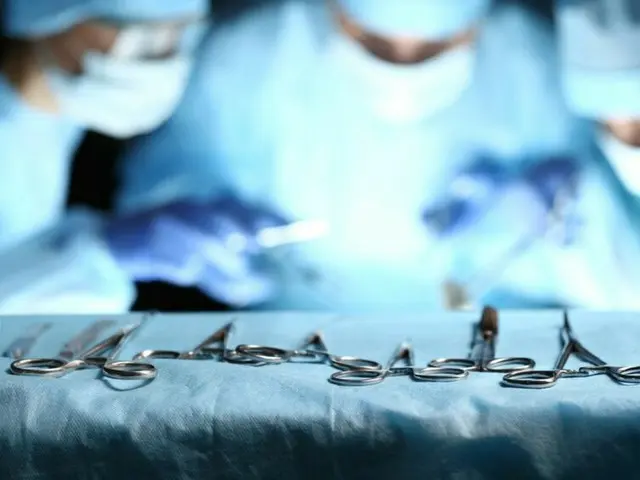The President's Office made this announcement on the 22nd in an explanation titled ``Misunderstandings and Truths About Medical Reform Q&A,'' posted in the ``Here are the Facts'' section of the government's website.
In South Korea, doctors have recently resigned en masse or left their hospitals in opposition to the government's plan to expand the number of medical schools. This situation has continued for three days, so
It appears that the President's Office emphasized the clear facts through this explanatory statement. The presidential office said, ``We have launched an official communication channel with the Korean Medical Association and have had 28 discussions.
"We exchanged opinions more than 130 times in various ways with various sectors of society, including the medical community, experts, and consumer groups," he said, refuting the claims of the Korean Medical Association.
The President's Office said that on the 15th of last month, the government asked the Korean Medical Association for its opinion on the scale of increasing medical school capacity, but the association did not respond until the end.
He also pointed out that there was no such thing. This is the first time in five months since the President's Office gave an explanation on October 10 last year regarding the national interest effects of itinerant diplomacy, and the office has opened the ``Facts are as follows.''
An explanation was posted in the corner. In addition, the President's Office said, ``The increase in the number of medical school students is excessive,'' ``Increasing the number of medical school students by 2,000 will reduce the quality of medical education,'' and ``The increase in the number of doctors will reduce the quality of medical education.''
They responded to the association's claims one by one, such as, ``They do not go to the community or provide essential medical care,'' and ``If the number of doctors increases, the burden of medical costs will increase.''
In particular, in response to some claims that increasing the number of medical schools will not lead to rebuilding communities and essential medical care.
``If you receive education locally, you can grow as a local doctor,'' he said. As a basis for this claim, as a result of analyzing the work areas in 2020 of those who received specialist qualifications in 2017, we found that
Statistics show that 82% of graduates from medical schools in metropolitan areas remain in non-metropolitan areas. In addition, the association's Health Policy Research Institute published in November 2022, ``Physicians' Regional Employment Policy''.
Citing the report, ``Study on Current Work Status and Attraction/Maintenance Plans'', ``The institute also found that when doctors choose a work area, there is a high possibility of working in the region depending on the region from where they graduated from, the region where they graduated from medical school, and the region where they trained for specialist training.
"I analyzed it," he said. The President's Office also stated, ``Even though the number of doctors increased, the burden of medical expenses did not increase.''
It was something," he added. In response to the claim that ``the increase in the number of medical faculty members is too high,'' the President's Office said, ``In fact, there is a shortage, and we hope to increase the number of doctors by 15,000 by 2035.''
"Additional measures are needed," he said. He pointed out that over the past 10 years, the proportion of doctors in their 20s has halved, while the proportion of elderly doctors over 60 has doubled.
In response to the argument that ``increasing the number of people by 2,000 people per year will reduce the quality of medical education,'' the President's Office said, ``Even if we increase the number of people, we can improve the quality of medical education.''
``Compared to the 1980s, the current capacity at Seoul National University School of Medicine is only half, but the number of professors hired has increased significantly.At Seoul National University School of Medicine, the number of basic professors is 2.5 times higher than in 1985.
, the number of clinical professors has tripled.'' The President's Office also stated, ``Even small medical schools must have a certain number of professors, so the fact that the number of admissions is small compared to the resources invested is a factor.
It's more inefficient."
2024/02/23 06:11 KST
Copyrights(C) Herald wowkorea.jp 104

